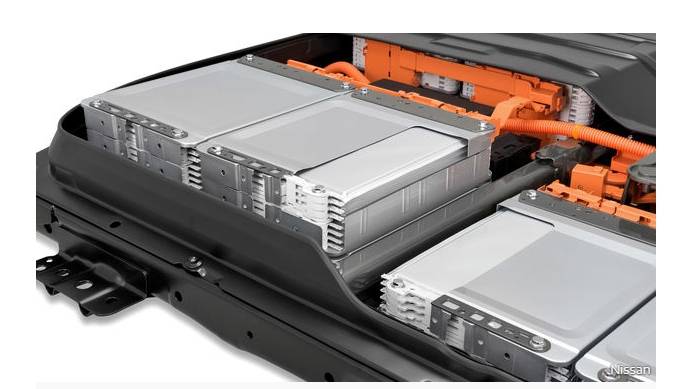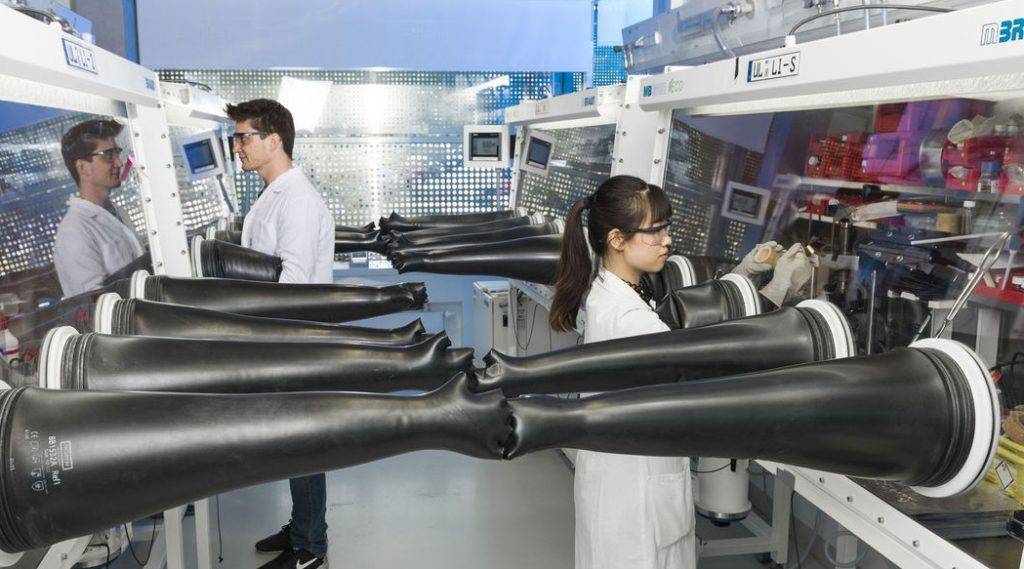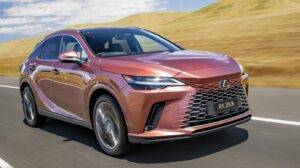Worldwide, research is being carried out into alternatives for the currently leading battery technology for electric cars. The lithium-ion batteries are controversial. They could replace magnesium batteries in the future.
Due to its properties, the lithium-ion battery is currently indispensable for the electric drive in vehicles. Because it can be recharged very often without “aging”, it has a high cycle stability and has a comparatively high capacity in terms of volume and weight compared to other types of batteries.
However, various disadvantages ensure that the future of electromobility has to get by without such Li-Io batteries. On the one hand, there are the necessary raw materials: lithium and cobalt, indispensable components of the Li-Io batteries, are obtained in South America and Africa under partly inhumane conditions and with serious environmental degradation. In addition, there is the risk of fire with damaged Li-Io batteries, which burn off in the event of a short circuit at enormous temperatures and can hardly be extinguished by conventional means.
Environmental destruction and child labor for lithium-ion batteries
Therefore, alternatives to lithium-ion battery technology are being sought worldwide. One of the most promising is the magnesium battery, which is being researched at the Karlsruhe Institute of Technology, among others. It is seen as an advantage that magnesium as the anode material has a higher energy density.

In the case of a rechargeable battery (accumulator), electrical energy is converted into chemical energy when charging, and vice versa, chemical energy is converted into electrical energy. The electrons in the battery migrate from the anode to the cathode. Replacing the lithium anode is therefore the primary goal of current research. On the one hand, this could be done with sodium for stationary storage systems, where space is secondary. In contrast, magnesium is the scientists’ favorite for use as an energy storage device for vehicles. Compared to lithium, both elements are readily available for extraction and in large quantities.
Magnesium batteries are safer
According to the researchers, the magnesium battery would have significant advantages compared to conventional lithium-ion batteries: Magnesium as an anode material enables a higher energy density and would also be much safer. “Magnesium is a promising material and one of the most important candidates in our post-lithium strategy,” says Professor Maximilian Fichtner from the Helmholtz Institute Ulm (HIU), a battery research institute co-founded by KIT.
Another advantage could be the lower weight. In a project at the University of Houston, the researchers reported that they could now achieve a storage capacity of around 400 mAh per gram with the magnesium battery developed there. Commercial lithium-ion batteries would only reach 200 mAh / g, i.e. they would weigh twice as much with identical capacity. And: In contrast to Li-Io batteries, magnesium batteries are not at risk of short circuits due to deposits and do not burn.











More Stories
Tesla Introduces 84-Month Loans in the US Amid Rising Interest Rates
Opel automobiles: 125 years of history and a bright future
The Cars That Go Out of Production in 2023